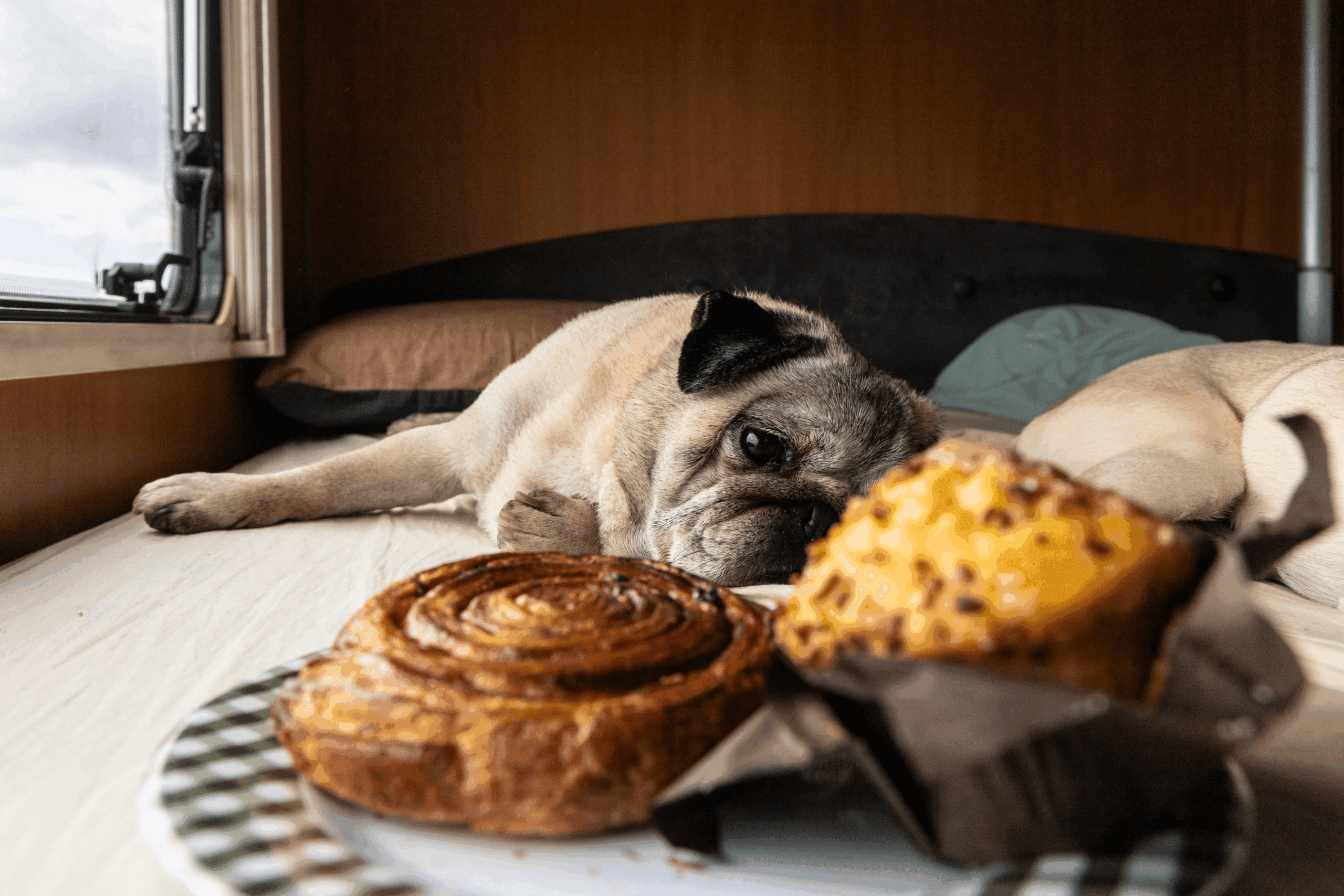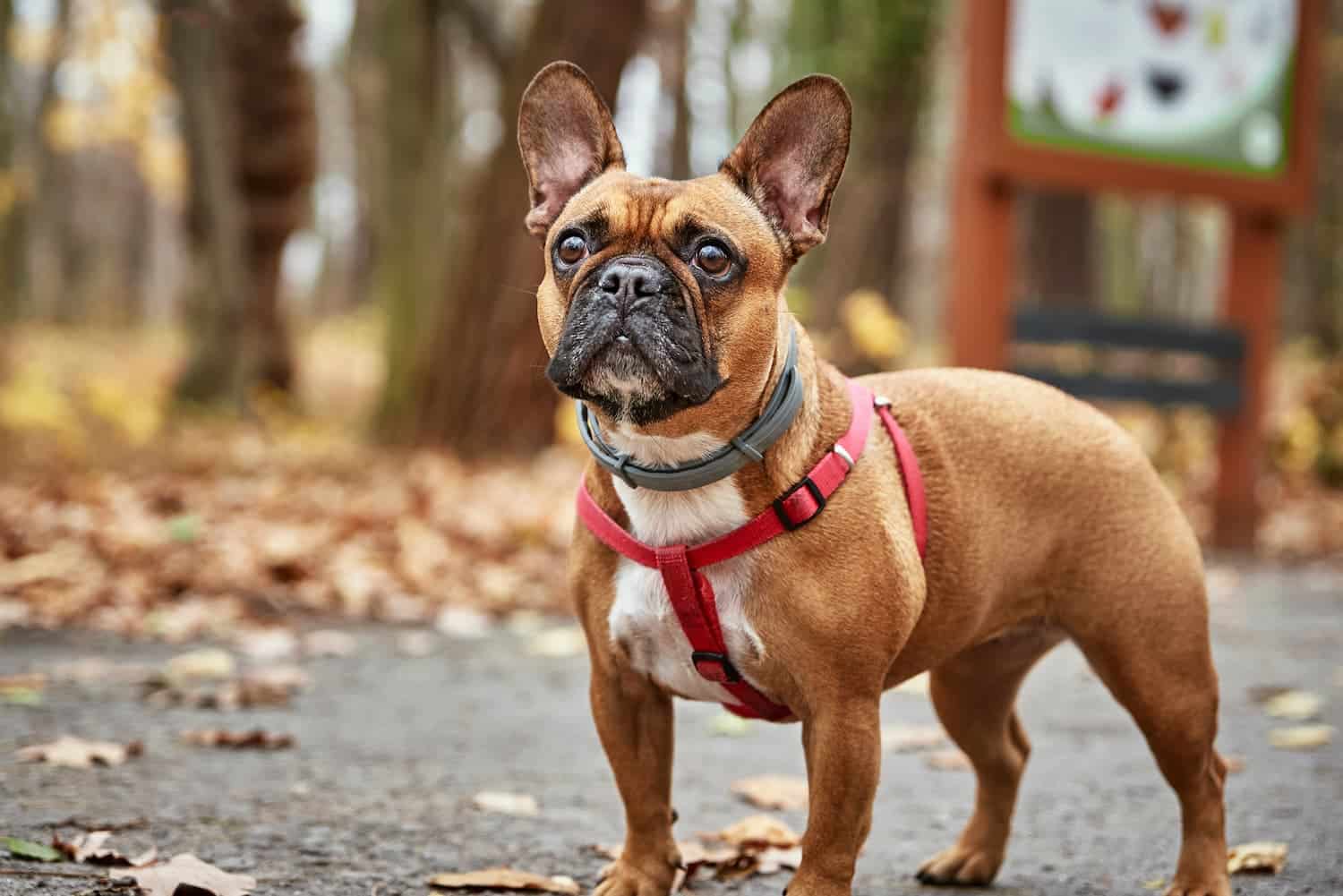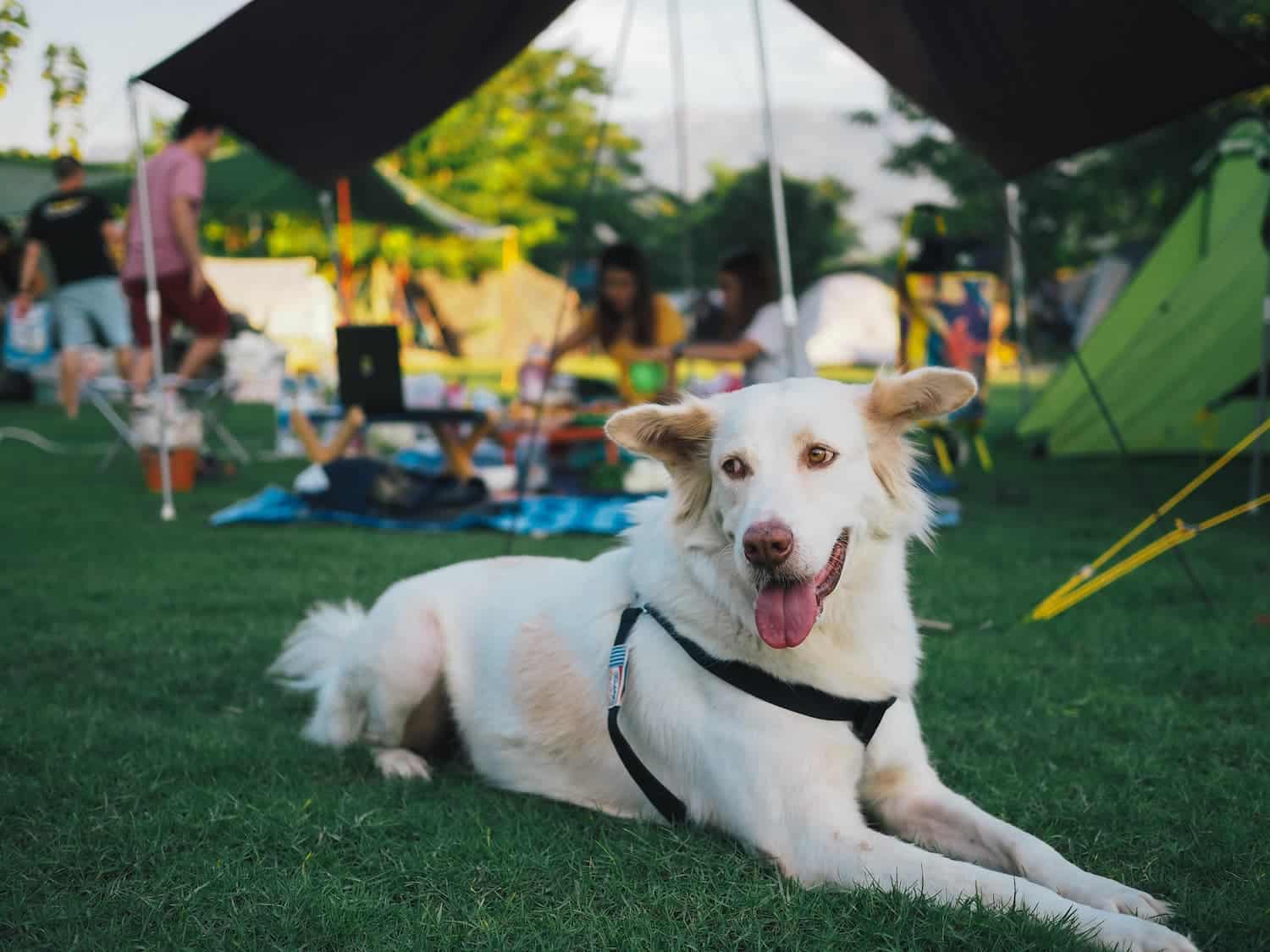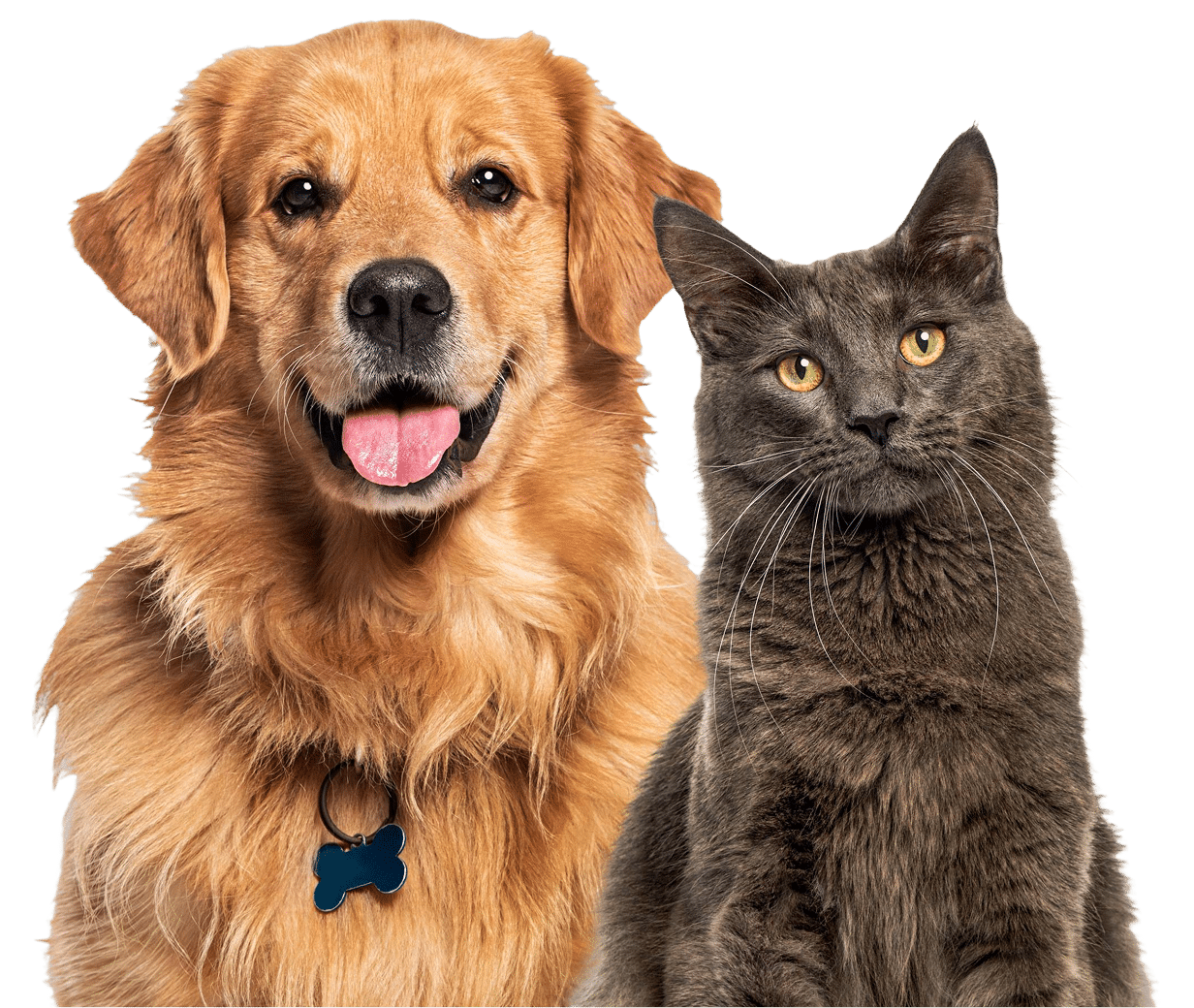
How To Keep Pets Off The Naughty List This Holiday Season
Our pets are adventurous and curious, and we love that about them. Occasionally, however, their curiosity can land them in trouble. To help you avoid a pet emergency this holiday season, our team put together a list of common holiday hazards you can help your furry friends steer clear of.
Decking The Halls – Safely
Putting up holiday decorations is a big part of the seasonal fun, but decorations hold unique pet safety concerns. Some hazards you might not have considered include:
Christmas trees. Christmas trees can topple if curious pets investigate (or climb!) on them, so be sure to secure your tree well. If you have a real tree that you need water regularly, ensure your tree water is free from chemicals and discourage pets from using it as a hydration station. Better yet, cover the stand so they can’t get to the water.
Cats love to bat around the ornaments on the tree, but glass ornaments can break easily, increasing the risk of cut paws or noses. Keep glass and ornaments higher on the tree where curious critters can’t reach them.
String lights and electrical cords. Cords can pose both a risk of entanglement and electric shock. Place all cords out of the pets’ reach and be sure string lights are securely fastened.
Tinsel, wrapping paper, and ribbon. Many pets, especially cats, are attracted to tinsel, ribbon, and crinkly wrapping paper. But, if ingested, tinsel and ribbon can pose a serious risk of choking and entanglement in the gastrointestinal tract. Either scenario often requires emergency surgery to remove.
Holiday plants. Mistletoe, holly berries, and poinsettias are toxic to pets if ingested. Substitute the real stuff for faux flowers and place them high up where pets cannot be tempted.
Candles. Many of us love the flickering glow of candles this time of year as well as the comforting aromas wafting through the house, but more candles means a higher fire hazard risk. Place candles out of reach so they cannot be knocked to the ground by paws or tails and no whiskers get singed or burned by the flames. Likewise, not all fragrances or scented oils are safe for pets. When in doubt, ask your veterinarian.
Dreidels. These fun and sweet Hanukkah toys could pose another foreign body risk to pets if they are chewed on or ingested. While large dreidel toys exist, most are small, making them a potential choking hazard. Ward off tummy troubles or a foreign body obstruction by carefully observing your pet when playing with new toys.
Holiday Food Dangers for Pets
The quintessential holiday foods we all love to share can pose a toxicity risk for pets. Most of us know to avoid giving our pets chocolate, so leaving a dish of chocolates out on the coffee table is a definite no-no.
Besides chocolate and candy, here’s a list of foods your pets should avoid this holiday season:
- Alcohol
- Bones
- Fatty table scraps (like turkey skin)
- Grapes and raisins
- Macadamia nuts
- Onions, garlic, and chives
- Unbaked yeasted dough
- Xylitol (a sweetener found in sugar-free candy, gum, and peanut butter- also called birch bark)
While some of these treats can be downright dangerous to your pets, others pose the risk of GI upset, a foreign body obstruction, or a life-threatening condition called pancreatitis.
If you want to share something tasty with your pets, try baking a batch of pet-friendly dog or cat treats. There are a few options to give in moderation from your holiday table, too. Most veggies sans butter are a good choice. Dogs often like a small dollop of pumpkin or sweet potato puree. If you feel compelled to share, you can also opt for a small piece of well-cooked, unseasoned lean turkey meat.
Holiday dangers for pets are a genuine concern, but knowing where the dangers lie is a significant first step in keeping them safe. And, as always, call us immediately if you suspect your pet may have ingested something potentially harmful. We hope you and your pets have a safe and festive holiday season.



